The Right-Wing Legacy of Justice Lewis Powell, and What It Means for the Supreme Court Today
The late Justice Antonin Scalia may loom large in recent SCOTUS history, but another conservative member of the top court was hugely influential in his own right.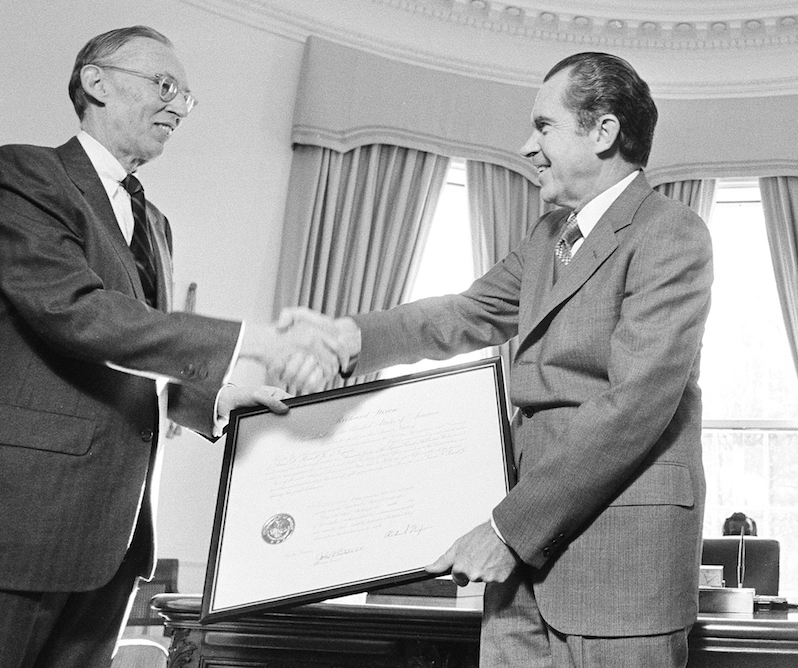 President Richard Nixon presents a framed document to Supreme Court Justice Lewis Powell Jr. during a White House ceremony in 1971. (Henry Burroughs / AP)
1
2
President Richard Nixon presents a framed document to Supreme Court Justice Lewis Powell Jr. during a White House ceremony in 1971. (Henry Burroughs / AP)
1
2

President Richard Nixon presents a framed document to Supreme Court Justice Lewis Powell Jr. during a White House ceremony in 1971. (Henry Burroughs / AP)
With an uncertain future and a new administration casting doubt on press freedoms, the danger is clear: The truth is at risk.
Now is the time to give. Your tax-deductible support allows us to dig deeper, delivering fearless investigative reporting and analysis that exposes what’s really happening — without compromise.
Stand with our courageous journalists. Donate today to protect a free press, uphold democracy and unearth untold stories.
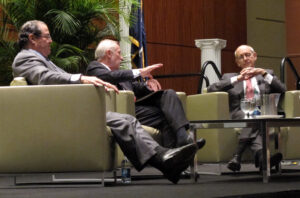
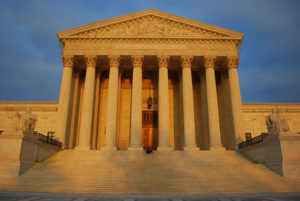
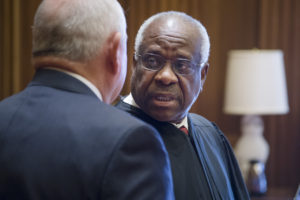
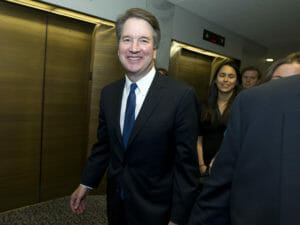
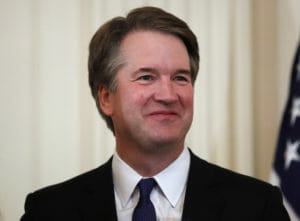
You need to be a supporter to comment.
There are currently no responses to this article.
Be the first to respond.